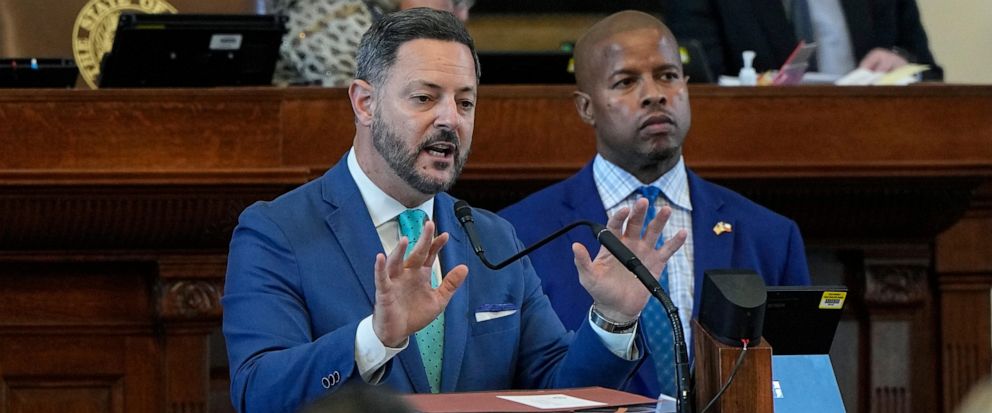In a recent development, a federal judge has ruled that parts of Texas’ election law are unconstitutional. The decision has sparked a heated debate and raised concerns about the state’s voting regulations. While the ruling has been met with both support and opposition, the state of Texas has announced its intention to appeal the decision.
The ruling, issued by U.S. District Judge Nelva Gonzales Ramos, specifically targeted two provisions of Texas’ election law. The first provision required voters to present specific forms of identification, such as a driver’s license or passport, in order to cast their ballots. The second provision limited the availability of early voting locations, particularly in minority communities.
Judge Ramos argued that these provisions disproportionately affected minority voters and violated the Voting Rights Act, as well as the Equal Protection Clause of the Fourteenth Amendment. She stated that the voter ID requirement placed an undue burden on certain groups, such as the elderly and low-income individuals, who may face difficulties obtaining the necessary identification. Additionally, she found that limiting early voting locations in minority communities could result in longer wait times and discourage voter turnout.
Supporters of the ruling argue that it is a significant step towards ensuring equal access to the ballot box for all Texans. They believe that strict voter ID laws disproportionately affect minority communities, who may be less likely to possess the required identification. Furthermore, they argue that limiting early voting locations in these communities can lead to voter suppression and undermine the democratic process.
Opponents of the ruling, on the other hand, argue that these provisions are necessary to prevent voter fraud and maintain the integrity of elections. They believe that requiring specific forms of identification is a reasonable measure to ensure that only eligible voters participate in elections. They also argue that limiting early voting locations is a practical decision based on resource allocation and cost-effectiveness.
The state of Texas has expressed its disagreement with Judge Ramos’ ruling and announced its intention to appeal the decision. Attorney General Ken Paxton has argued that the voter ID requirement is a crucial safeguard against voter fraud and that the state has taken steps to make identification more accessible to all Texans. He also defended the limitation on early voting locations, stating that it was a reasonable decision based on logistical considerations.
The appeal process is expected to be lengthy and could ultimately reach the Supreme Court. The outcome of this case will have significant implications not only for Texas but also for other states with similar election laws. It will shape the future of voting regulations and determine the balance between preventing voter fraud and ensuring equal access to the ballot box.
In conclusion, the recent ruling declaring parts of Texas’ election law unconstitutional has ignited a fierce debate over voting regulations. While supporters argue that these provisions disproportionately affect minority communities and undermine the democratic process, opponents believe they are necessary to prevent voter fraud. The state of Texas has decided to appeal the decision, setting the stage for a potentially landmark legal battle. The outcome of this case will have far-reaching consequences for voting rights in Texas and beyond.



